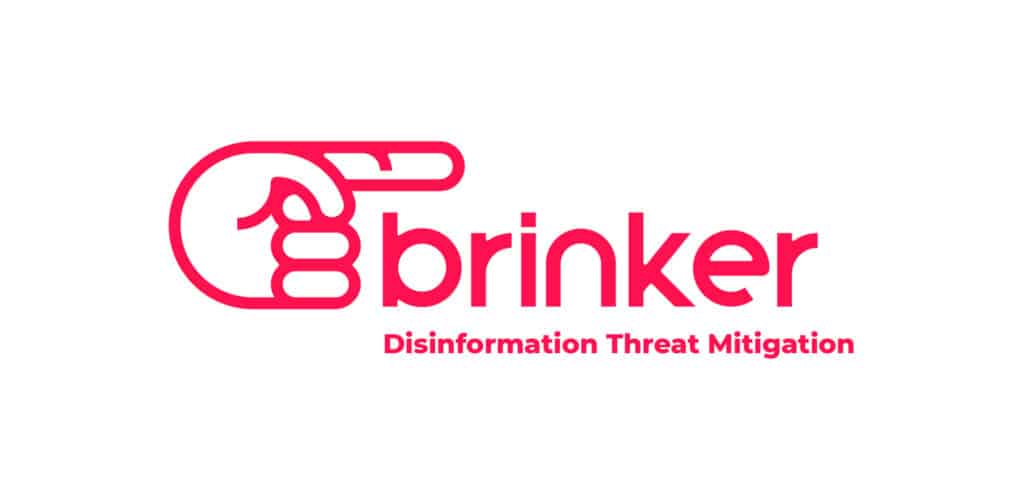Our friends over at Veracode posted a great little infograph this week that explains the history of computer programming languages, starting with software development’s forefather foremother, the lovely Ada Lovelace, who is credited with developing the first programming language, an algorithm for a mechanical computer dubbed the Analytic Engine in 1883! The graphic describes the history of modern programming languages, including COBOL, FORTRAN and LISP in the 1950s and 60s, up to today’s dominant languages: Java, C and Objective-C. Check it out! Infographic by Veracode Application Security
Recent Posts
ACLU Complaint Shows Android Insecurity Getting Political
The American Civil Liberties Union has filed a complaint with the U.S. Federal Trade Commission on Wednesday calling on the Federal Government to take action to stem an epidemic of unpatched and insecure Android mobile devices – a public scourge that the ACLU blames on recalcitrant wireless carriers. The civil liberties group’s complaint for injunctive relief with the FTC, noting that “major wireless carriers have sold millions of Android smartphones to consumers” but that “the vast majority of these devices rarely receive software security updates.” Calling the unpatched phones “defective and unreasonably dangerous,” the ACLU says that carriers leave their customers vulnerable to malware and spear phishing attacks that can be used to record or transmit information on the device to” third parties. “A significant number of consumers are using smartphones running a version of the Android operating system with known, exploitable security vulnerabilities for which fixes have been published by Google, but have […]
Update: DARPA Cyber Chief Peiter “Mudge” Zatko Heads To Google
Editor’s Note: Updated with comment from Google on Zatko’s role. – PFR Noted hacker and innovator Peiter “Mudge” Zatko, a project manager for cyber security research at DARPA for the past three years- will be setting up shop in the Googleplex, according to a post on his Twitter feed. Zatko, who earned fame as a founding member of the early 1990s Boston-area hacker confab The L0pht and later as a division scientist at government contractor BBN Technologies, announced his departure from DARPA following a three-year stint as a Program Manager in DARPA’s Information Innovation Office on Friday. “Given what we all pulled off within the USG, let’s see if it can be done even better from outside. Goodbye DARPA, hello Google!” he Tweeted. Google did not immediately respond to a request for comment on Zatko’s hiring and Zatko declined to expound on his title and responsibilities within the search giant. However, he has acknowledged that […]
Hacked WordPress Plug-in Put On Double, Secret Probation
A plug-in that was pulled from the official WordPress plug-in directory has been restored, but will be monitored closely, after the plug-in’s owner claimed a rogue contractor introduced malicious code into the popular web publishing add-on. Social Media Widget, a free plug-in for the WordPress blogging platform with more than a million downloads, was restored to the WordPress.org official plugin directory on Thursday, days after it was found injecting WordPress websites with spam links to web sites offering Pay Day Loans. In a post on a support forum for Social Media Widget, Samuel Wood, a WordPress administrator, said that WordPress.org was willing to give the owner and the plug-in, Brendan Sheehan, a second chance. “Naturally we do take a very hard line on spam, and obviously an author putting malicious code into a plugin is enough grounds for us to bring down the ban hammer,” Wood wrote on Friday. “But […]
Podcast: Switch To IPV6 Demands A Security Re-Think
Editor’s Note: This interview with Qualys CTO Wolfgang Kandek was originally recorded on March 29th. You’re probably not aware of it, but a major transformation is taking place on the Internet. We’ve exhausted the approximately 4.3 billion available addresses for IPV4 – Internet Protocol Version 4 – the Internet’s lingua franca. (Roughly 98% of all Internet traffic.) With billions of new, intelligent devices set to join the global Internet in the next decade, a new addressing scheme was needed. Enter Internet Protocol Version 6 (IPV6), which will create a practically inexhaustible supply of new addresses and some much needed, new security features that can prevent man in the middle attacks, ARP poisoning and a host of other ills. But organizations that have the luxury of waiting to upgrade their networks should do so, says Qualys CTO Wolfgang Kandek in this exclusive interview with The Security Ledger. From vulnerability scanning to […]






